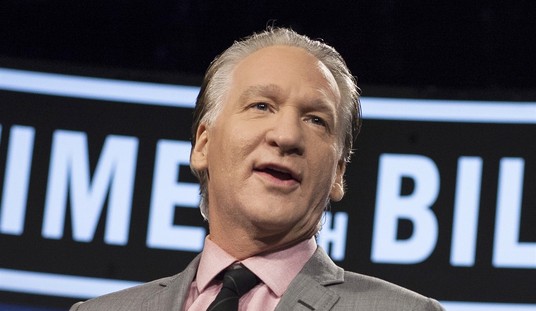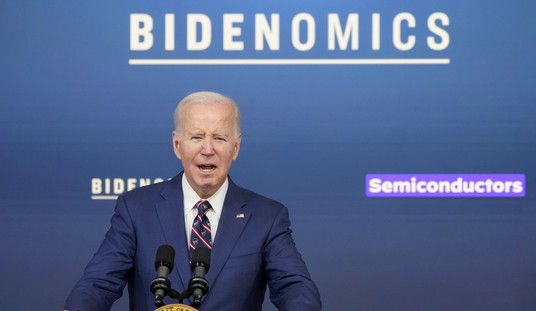Last fall, new recommendations for breast cancer prevention set off a firestorm—a storm intensified by the debate about the pending health care legislation. Now, a year later with breast cancer awareness month beginning and the new health care law being implemented, the Federal Drug Administration's (FDA) expected decision about a breast cancer treatment is causing controversy, and reminding us about the problems with government-run medicine.
It was the U.S. Preventive Services Task Force- a government panel charged with reviewing evidence and making recommendations for preventive services- that caused the uproar last year. Rather than encouraging all women over age 40 obtain a yearly mammogram, the Task Force recommended that screening begin at age 50, and then on a more limited basis.
The Task Force reached this conclusion by weighing the number of false positives and unnecessary procedures against the number of lives saved from early detection. They found that when screening began at age 40, about 500 women would have a false positive (often leading to additional unnecessary treatment) for every one life saved. This panel decided that the costs associated with the unnecessary treatments outweighed the benefits of saving one women.
Americans recoiled from this logic. The problem wasn't with the math or the concept of cost-benefit analysis. Adults understand resources are finite. We all can't have weekly full body scans to check for traces of cancer.
What Americans didn't like was the idea of a group of government bureaucrats making such recommendations that would effectively dictate the health care options for millions of Americans.
The health reform legislation under consideration at the time (and that now, after countless amendments, is law) would have required that all insurance companies provide the Task Force's recommended preventative treatments at no cost. Their revised protocol would have affected the services available to millions of women.
Recommended
Lawmakers heard from angry Americans and activists, and quickly worked to carve out exemptions for breast cancer. Yet this process provided little comfort to Americans concerned about growing government's power over the health care system. Sure, Congress may exempt breast cancer and other well-known ailments from restrictions, but what about less well-organized disease groups? Americans fears were being confirmed: politics—not policy analysis about best-practices—would rule many decisions.
Today, the story is Avastin, a drug that, when used in combination with traditional chemo-therapies, has had success in extending the lives of those suffering from certain metastatic cancers. The drug had been approved in 2008 for use with breast cancer. Unfortunately, new studies reviewed by the FDA suggest Avastin doesn't work on breast cancer suffers like it did on those with other cancers. The FDA indicated it would pull its approval of Avastin for treating breast cancer. If they do so, then insurers (including Medicare) will no longer cover the expensive treatment.
There was another outcry from breast cancer sufferers, including some who claim to be helped by Avastin. Now, the FDA has decided to postpone its decision for another 90 days, and review more evidence.
One can only wonder what led the FDA to delay. Was it political pressure? And if so, what does this suggest as our government becomes increasingly charged with setting medical treatment standards throughout the health care system?
The politicization of medicine is just one of the dangers of government-run health care. More fundamentally, Americans reject the idea of patients’ options being limited by government fiat, regardless of the process used to make those recommendations. Americans rightfully worry that by growing government's role in providing health insurance and dictating what insurance policies must and must not cover, we are moving toward a one-size-fits-all system, where patients and doctors will have less freedom to decide a treatment course.
This is the wrong direction for health care reform. Americans want more choices and more control over health care decisions. Our pre-reform system left too many Americans without meaningful choices about their health insurance coverage. Peculiarities in the law that favor employer-provided insurance and limit competition among insurers have prevented the existence of a functioning, robust health insurance market. These are the flaws that should have been the focus of reform efforts, and federal assistance should have been target to those who truly couldn't obtain insurance on their own.
Unfortunately, Congress moved in the other direction, toward a one-size-fits-all government dictate. The result will be less freedom and control for individuals, and increasing political wars about what constitutes the best treatment course.
As a result, Breast Cancer Awareness Month may end up being more than just an occasion to focus on this deadly disease, but a yearly reminder of the danger of government-run, one-size-fits-all health care.

























Join the conversation as a VIP Member